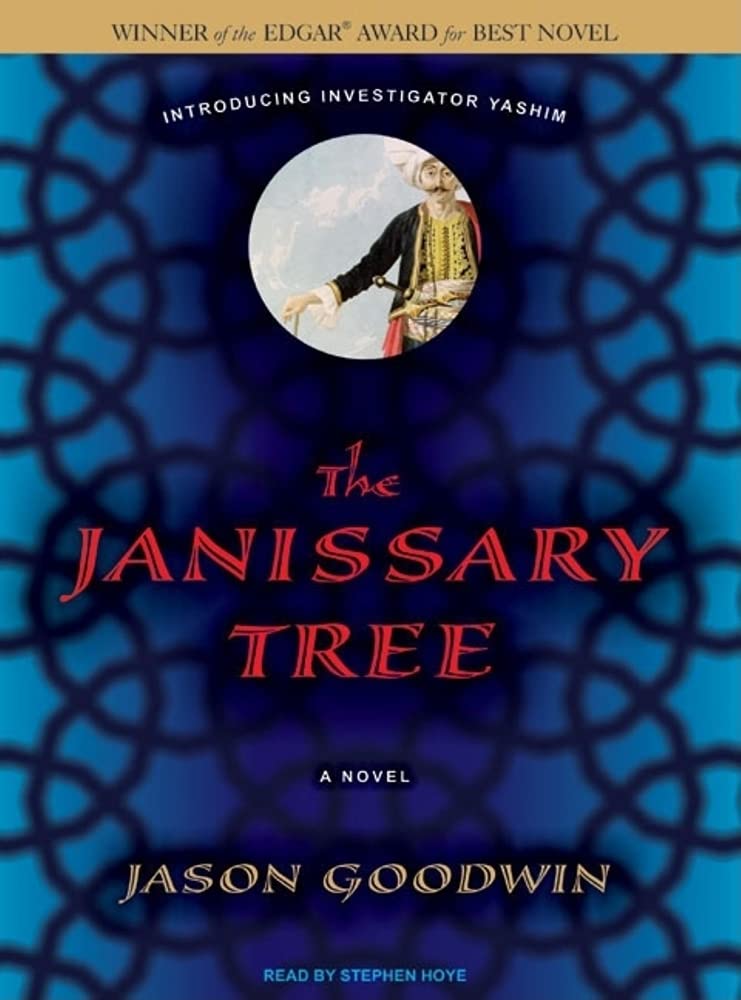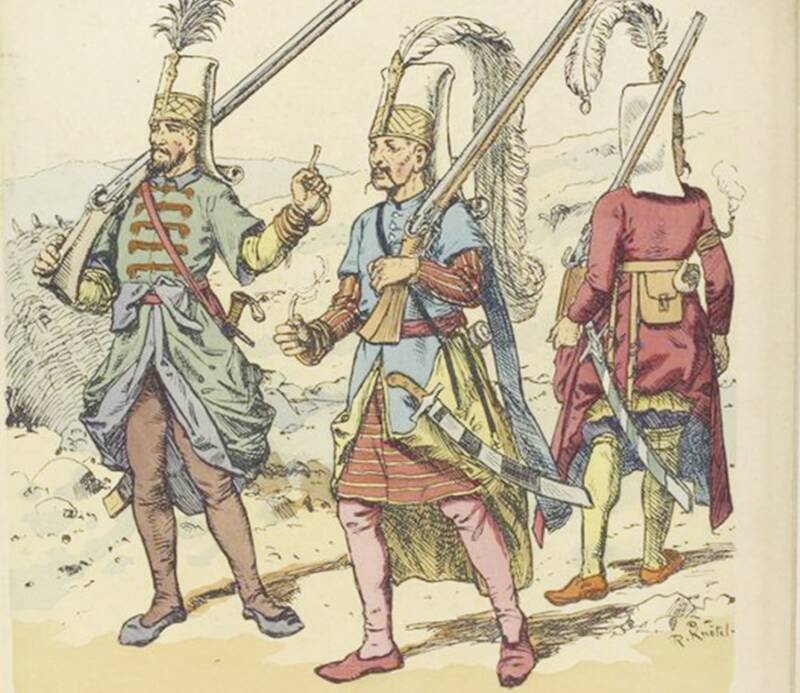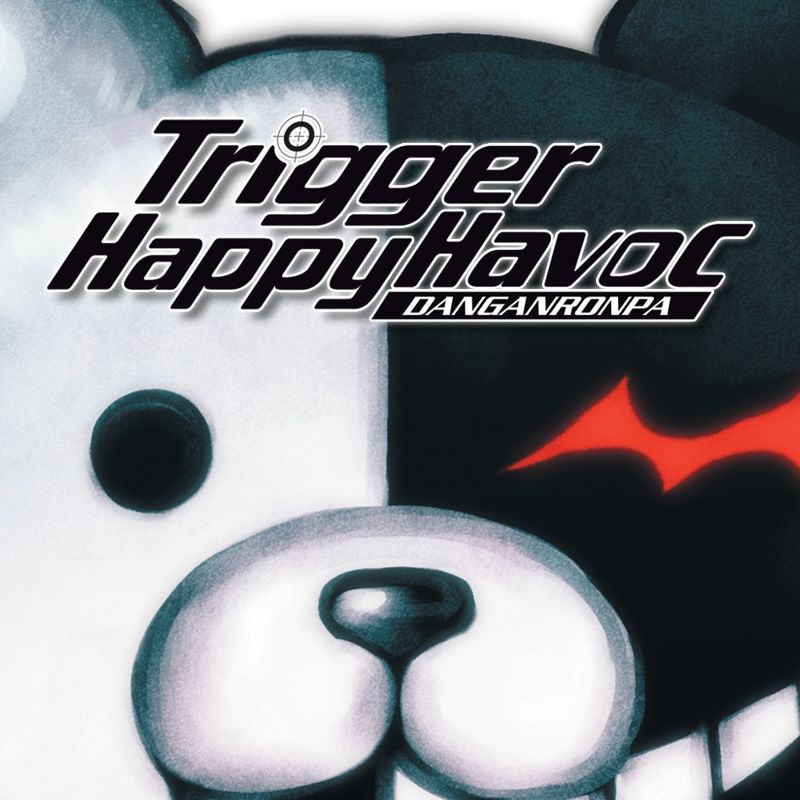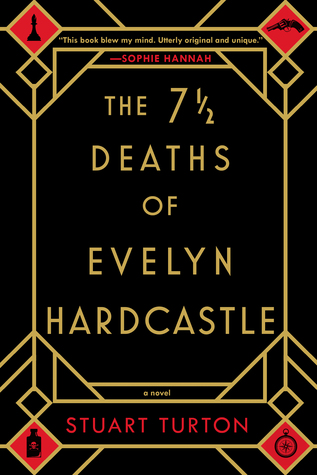Wot I Played, Wot I Read
Wot I Played

Silksong. I mean, that's pretty much it. It came out, it's consumed everything about my free time. I'm still working my way through it.
It's a mean game, but I like that kind of meanness. I had a much longer post in the drafts about how the meanness adds to the game's narrative and how games that work their mechanics (the things that the player interacts with, e.g. save systems and health bars) into their narrative (the things that the character experiences) are some of my favorites.
Maybe I'll post it but I'm trying to get out of the habit of stalling on posts on account of trying to adopt some air of formality. I just want to post when I want to post, like I did back on my Livejournal.
So here: Silksong is mean and I love how mean it is. It makes it feel like you are scratching for every inch of space. Zones like Blightwater and the Hunter's March feel like hostile territory that you're conquering and when you master those places, you feel invincible. It is unforgiving and unpleasant with lots of ways that fuck with the player. Playing (and succeeding) in Silksong is an act of spite against a game that hates me and I love when a video game makes me feel like that.
Wot I Read
I read three bad books back to back to back and that's surreal. I've never done that.
The Janissary Tree and The Snake Stone

Both of these are a book and its sequel so I might as well just talk about them together.
I like historical fiction. I read a lot of it. I understand – as someone who also deeply find learning about history itself to be fascinating – that you sometimes have to fudge the details to tell an interesting story.
But The Janissary Tree is a book pinned to a specific period of time in a specific place. It's about the (fictional) aftermath of the purging of the Janissaries from the Ottoman Empire. Originally the elite soliders that terrified Europe, by the 19th century, the Janissaries had become corrupt and lazy and more prone to stall progress in the rapidly foundering Ottoman state by deposing reformist sultans and threatening Istanbul when they didn't get their way. In the 1820s they were finally purged, but it would be too late for the "Old Man of Europe" blah blah blah go read a history textbook.

And so the plot involves the aftermath of all of that, plots by the janisarries that weren't purged etc etc you've heard this kind of story before i guarantee it. And so given that it's really specifically tied to this point, it's really weird for the author to fudge details like "who the Sultan was at the time" and "what Sufi sect the janisarries were".
It's a nitpicky point to make, but it comes off as particularly weird when the author is a white British dude. It screams Orientalism to me.
Its sequel does a better job of fixing those details, retconning some of the incorrect ones. Both books were pretty quick reads that weren't particularly inoffensive and were short and quick enough that they didn't overstay their welcome long enough for the annoying qualities to rub me raw. It does that annoying thing mysteries do where chapters are presented from the perspective of the killer/culprit, but with any identifying details removed. They're meant to add tension and a sense of danger but they always come off as trite - I'd much rather experience everything through the detective's perspective.
But the other issue with the books is that the detective's perspective just…isn't there. There were signs of something beginning to develop; Yashim is a eunuch, an important role in the Ottoman (and Byzantine) governments. Much of the first book was spent in some frankly intriguing and beautiful sections where Yashim is describing his feelings of anger and hatred for the life of romance, family, love that he wasn't able to lead and the awkwardness he lives as a "half"-man. But it's sort of forgotten midway through the first book and almost non-existent in the second. The most you really learn about him across the two books is that he likes French novels and he can cook. His friend, the Polish ambassador, felt much more fleshed out.
I'll probably read the rest of the books in the series, honestly. I am a sucker for stories set in Constantinople/Istanbul and the books are, as stated, pretty short. Roughly ~300 pages, which I can do in a couple of hours if I really put my mind to it. They're not terrible and there are moments of entertainment here.
The 7.5 Deaths of Evelyn Hardcastle
Spoilers for the book. Like, the whole book.
This one was bad in a different way.
The concept was interesting: imagine an Isolated Mansion murder mystery akin to Agatha Christie where a bunch of posh fuckwits and their unfortunate servants are crammed somewhere and murder happens. Pair that with a Groundhog Day plot where a character continually experiences that same day over and over again (albeit from the perspective of different people at the manor). In order to escape, the main character needs to solve the titular Evelyn's murder that happens at the end of every repeat of the day. It's a really strong concept; it's just a shame the execution is so terrible.
The initial setup is so interesting despite being fairly generic; rich people, secrets, money, hate, blackmail, 1920s or so British nobility experiencing the decline of their fortunes in the post-WW1 world, etc etc. The novel spends an awful lot of time exploring all of that and all of the miserable characters that are miserable to each other.
But unfortunately it's unwieldy and quickly becomes overly complicated. There are an awful lot of these characters and many have similar sounding names. The author has an annoying habit of alternating between referring to them by their first name or their last name and I constantly have to refer to the list of characters at the front of the book. The cast of characters could do with being cut in half for the betterment of the novel.
The main character is not alone in the Groundhog Day loop and is encountering the other loop participants in non-sequential order. It soon becomes incredibly difficult to remember the details of the day and the order that the events happen in. It's the sort of plot that would feel well-at-home in a video game in the vein of something like Return of the Obra Dinn, with a timeline the player can refer to by pressing a hotkey.

Complicating everything is the way that it takes a shift in the last third of the novel to explore the bigger mystery that surrounds the murder mystery: who is the narrator, why are he and the others experiencing this time loop, and who is the mysterious Plague Doctor that seems to be orchestrating all of it? The revelations of this mystery – who the characters are what are the rules of the simulation that they find themselves in – feel absolutely ungrounded compared to the inner mystery of murder and betrayal and seem to come from nowhere. It gives the novel a surface level patina of science fiction that it really doesn't need; suddenly we're meant to sympathize with stakes that don't exist within the context of the 300-or-so pages thus far of the much more interesting, and much more grounded murder mystery. It reads like the author came up with the interesting concept of "Groundhog Day Agatha Christie novel" and became consumed with trying to explain the Groundhog Day portion but built up the interest and detail of the Agatha Christie portion.

And then finally, making everything worse is that it's written in first person present tense, a format that I feel is never capable of conveying the emotional depth I look for in novels. When you're inside a person's head and only their head, ESPECIALLY when that character is undergoing the (frankly novel) experience of seeing through eight different perspectives over the course of a single day, it should be deeply ruminative. And the narrator does talk about experiencing things from the view and perspective of, say, the scheming Ravencourt versus the cowardly Bell, but never with any kind of depth.
But when things are written in first-person present tense, you are experiencing things as the character is, leading to a lack of weight. I realize that this sort of criticism is more down to personal taste than any kind of structural failing of the novel but I do feel its worth mentioning given that it has an impact on how the main character is, well, kind of a turd.
He feels everything at its emotional height and peak tension; there's very little downtime or time for reflection. It's like the author is afraid that if he lets the pace or tension slow for even the briefest time, the reader will start to see the cracks in it and it's a shame because the concept is so strong that I was willing to look past the cracks and simply revel in the concept. The narrator spends the entire novel in a panic, frantic mode almost from the word go. He falls deeply in companionship/love/obsession with a character in a way that doesn't feel deserved or earned, which makes the ending suck harder than it does when the ultimate killer is revealed to be:
Say it with me now:
A remorseless, psychopathic chessmaster.
I can't think of way to make your novel's ending more boring than to just make your villain's motivations and actions be that of the stereotypical remorseless genius who manipulates every character and every situation to orchestrate an incredibly complex web of plans within plans only to arrogantly spit everything out to the heroes while holding them at gunpoint in the last ten pages of the novel. Especially when you undercut what little tension such a trite, neat little ending has going for it by declaring it to be the result of a simulation with zero stakes anyway. I'd be willing to chalk all of this up as an example of genre-aware silliness as the novel's inner mystery is structured as a kind of intentional riff on an country house mystery with a closed circle of suspects were it not for the fact that it took up a substantial portion of the novel's (bloated) length and emotional weight.

What a borked novel. Here's hoping my next book is something good.

